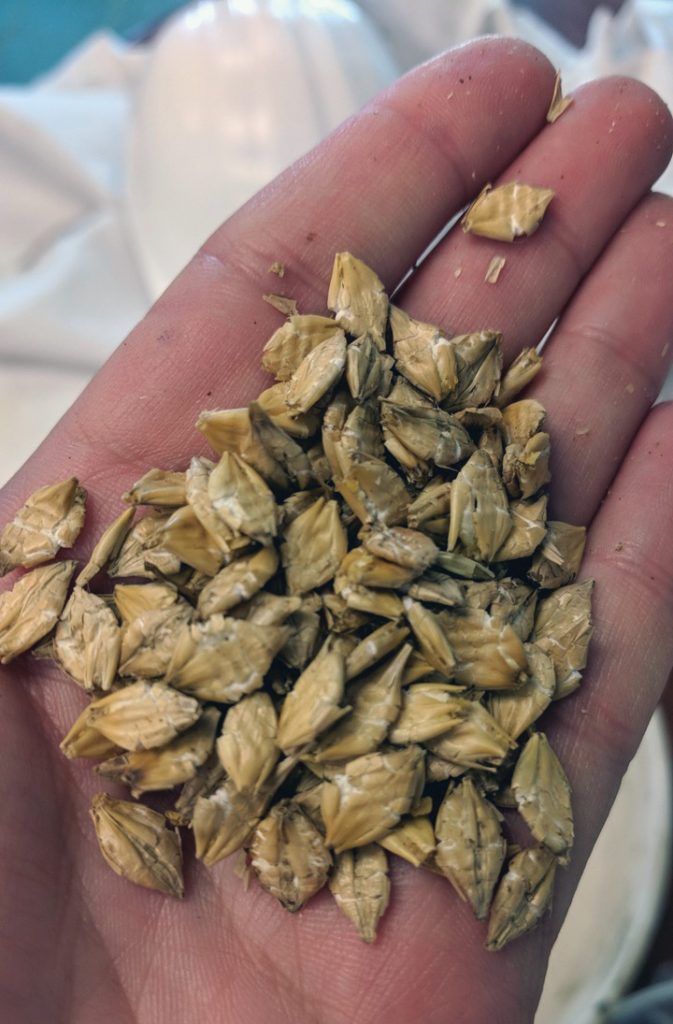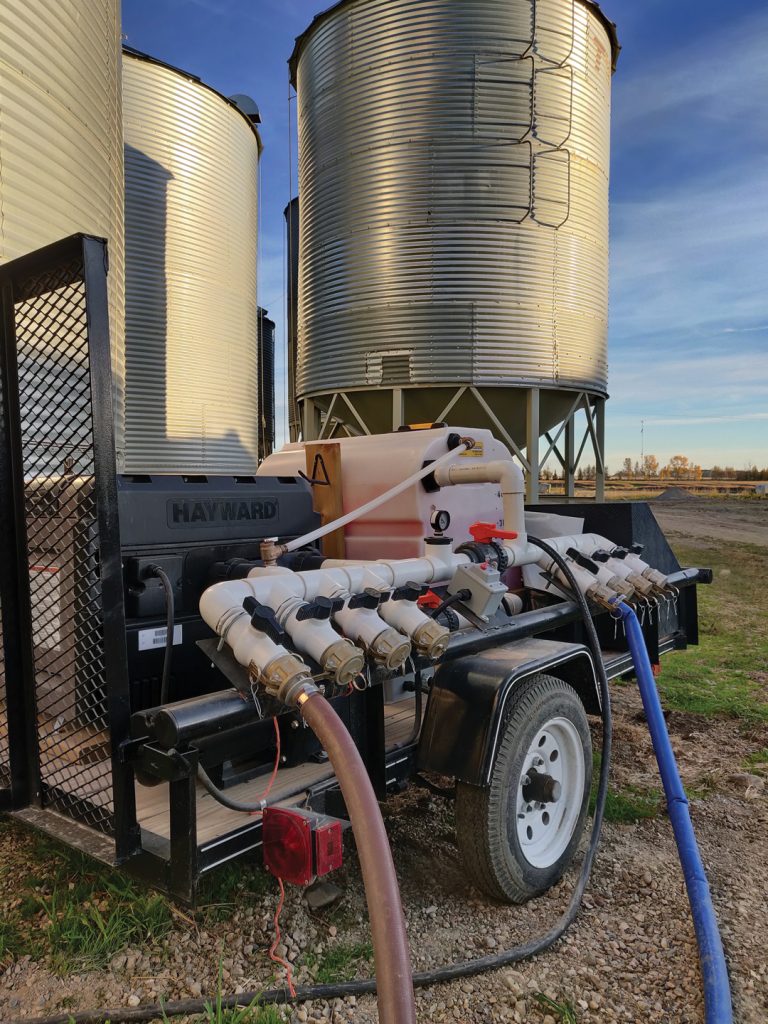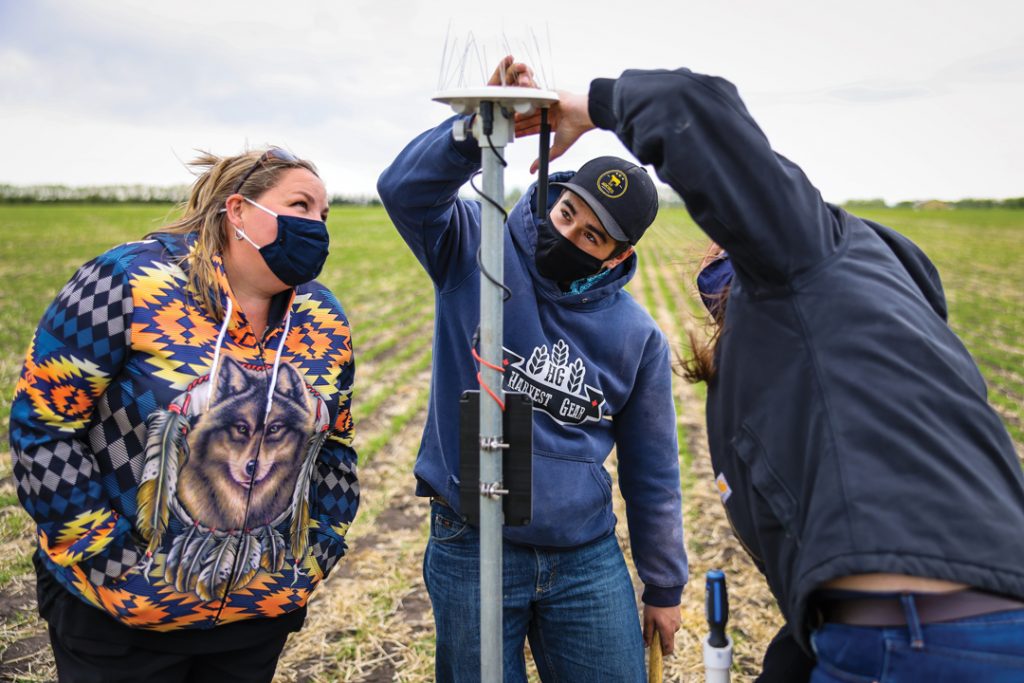STEAM FLAKING HEATS UP
Though hugely important to the western Canadian feeding sector, barley has a tough double shield that can overprotect its starch content from digestion. Dry rolling is the answer. When barley is crushed between grooved rollers the starch and protein are exposed and more easily and rapidly digested. However, over-rolling produces fine particles that can trigger digestive upset in cattle and cause animal welfare challenges and production losses.














